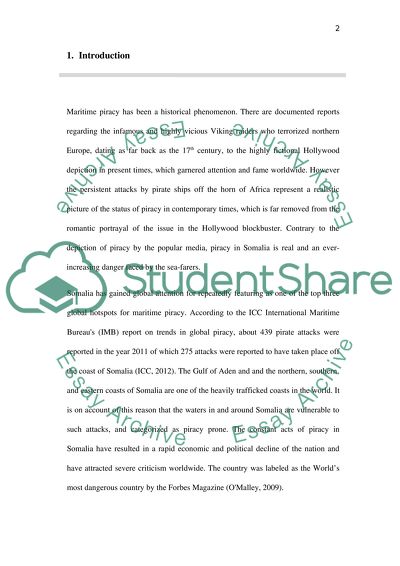Cite this document
(“Piracy in Somali - Is it Politically or Economically Motivated Essay”, n.d.)
Piracy in Somali - Is it Politically or Economically Motivated Essay. Retrieved from https://studentshare.org/law/1456032-yppiracy-in-somaliy-is-it-politically-or
Piracy in Somali - Is it Politically or Economically Motivated Essay. Retrieved from https://studentshare.org/law/1456032-yppiracy-in-somaliy-is-it-politically-or
(Piracy in Somali - Is It Politically or Economically Motivated Essay)
Piracy in Somali - Is It Politically or Economically Motivated Essay. https://studentshare.org/law/1456032-yppiracy-in-somaliy-is-it-politically-or.
Piracy in Somali - Is It Politically or Economically Motivated Essay. https://studentshare.org/law/1456032-yppiracy-in-somaliy-is-it-politically-or.
“Piracy in Somali - Is It Politically or Economically Motivated Essay”, n.d. https://studentshare.org/law/1456032-yppiracy-in-somaliy-is-it-politically-or.


